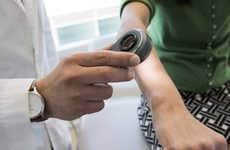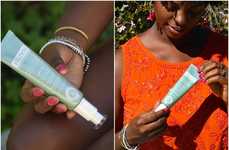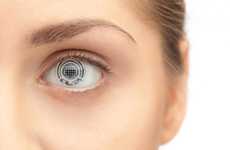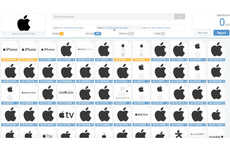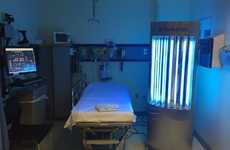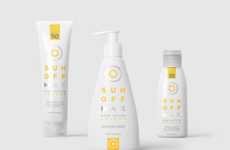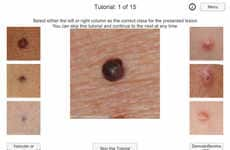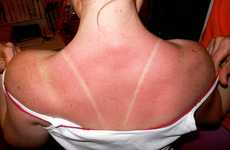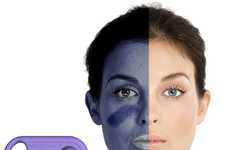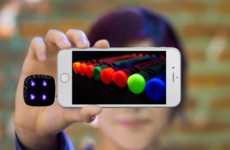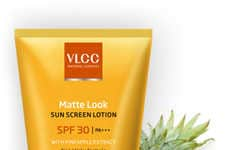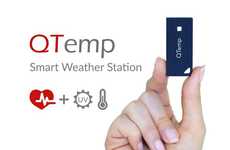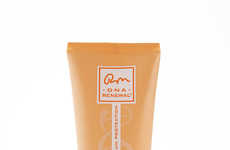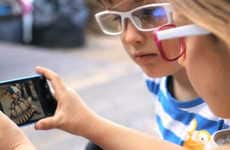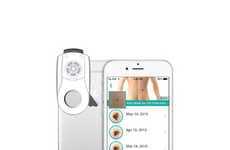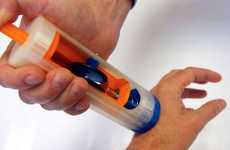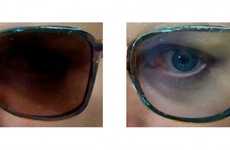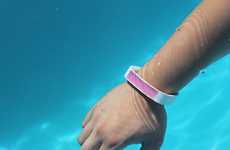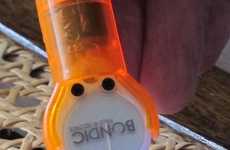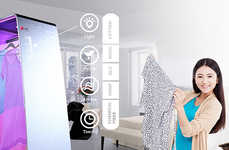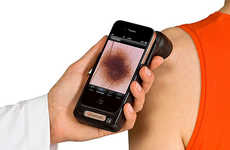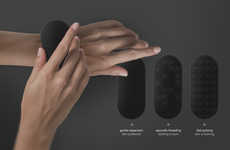
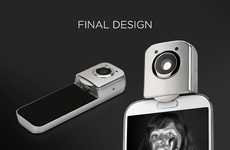
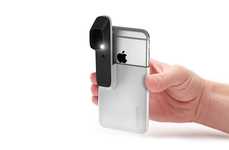
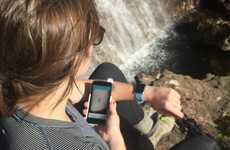
Skin-related diseases are becoming easier to detect at home
Wearables and camera accessories are being designed to detect potentially dangerous skin abnormalities in those who use them. Innovations in this area are fast-emerging due to the rising awareness of the hazardous effects of the sun and toxic pollution. The accessibility of these devices outside of the doctor's office provides a window into an emerging industry of preventative products and initiatives – a consequence of expanding consumer autonomy.
Workshop Question - How can your brand expand accessibility and tap into consumers' desire for autonomous decision-making?
Trend Themes
1. At-home Skin Health Detection - Wearable devices and camera accessories are being designed to detect potentially dangerous skin abnormalities at home, providing consumers with autonomy and contributing to the preventative products industry.
2. Artificial Intelligence for Skin Cancer Detection - Deep learning algorithms and image recognition algorithms trained with thousands of photos of skin lesions are becoming as effective as dermatologists and could be implemented on smartphones for medical use.
3. UV Camera Development - Smartphone attachments that capture ultraviolet light and show it on users' screens are growing in popularity, serving as a tool for users to see how well they've applied sunscreen or whether their sunglasses provide sufficient UV protection.
Industry Implications
1. Health and Wellness - The preventative products industry is expanding as at-home skin health detection devices continue to advanced and offer consumers greater autonomy.
2. Technology - Development of artificial intelligence for skin cancer detection and ultraviolet cameras represent a growing trend of integrating technology in healthcare.
3. Outdoors and Adventure - The development of wearable skin-scanning devices for sun protection, such as the SOL, cater towards consumers with an active lifestyle who may be more susceptible to skin damage.
